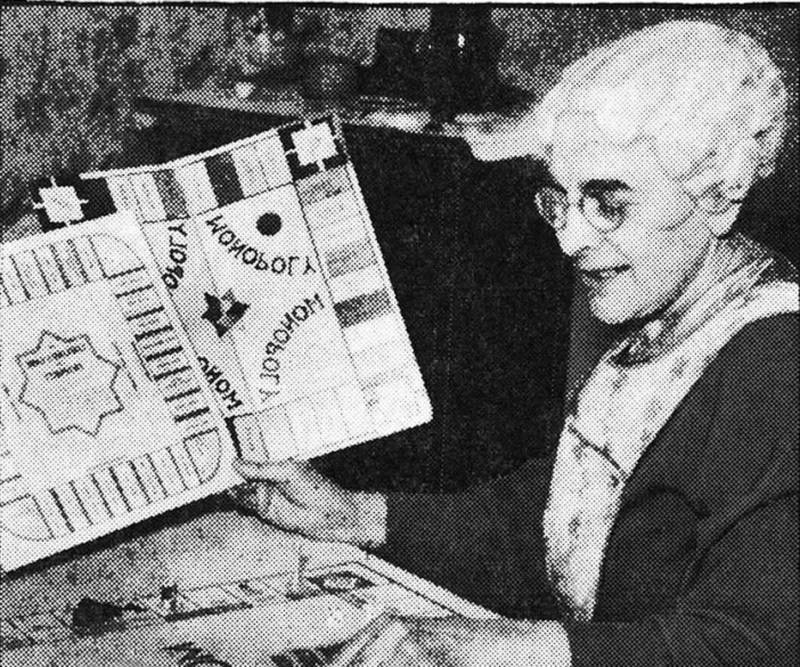Created by Lizzie Magie, the intent of the game was “to demonstrate the evils of accruing vast sums of wealth at the expense of others”. In the context of her time, Magie was referring to the monopolies existing due to Carnegie and Rockefeller and the railroad, steel, and oil industries. When it was first designed, it was initially named the “Landlord’s Game” and had spaces such as “Go to Jail” and “Public Park”. Players, split into monopolists and anti-monopolists, would move around the board to buy railroads, collect money, and pay rent. This version was sold by a New York-based publisher but appeared in homemade versions across all ages.

The year Magie was married to a Virginia businessman was the same year she sold her patent to her game to the Parker Brothers for $500 in hopes that her game would help teach about economic inequality and spread awareness to the public. 278,000 copies were sold the first year, and more than 1,750,000 were sold the following year. Although it was a popular game, its original intent of critiquing American greed was quickly ignored. Instead, people were taught to cheer when someone goes into bankruptcy (because that would allow them to win).
An alternative version of the creation of Monopoly also exists involving a Charles Darrow who invented it during the Great Depression to later sell it to Parker Brothers and became really rich. That version, however, is false, and it is all thanks to artist, writer, feminist, and inventor, Lizzie Magie for this educating board game.
Sources:
https://www.smithsonianmag.com/arts-culture/monopoly-was-designed-teach-99-about-income-inequality-180953630/
I too disliked the game when I was younger and that is mostly due to the fact that I couldn't grasp the idea of the game- in other words, I had no idea how monopoly really worked. Although it seems like a regular, family board game, Lizzie Magie did a good job in implementing the main ideas of monopoly and was successful in displaying how it works on a small scale version with the game. Of course, over the years the game has made changes but the big idea remains. I grew up thinking that you only need luck to win the game but I came to learn that that is not the only factor and you will need to win at the game and that a good knowledge in how economy works and a good strategy to go along with it is important.
ReplyDeletehttps://youtu.be/X5TnZYOrY7Y
It is interesting of the history of Monopoly is, and I think Lizzie Magie really successful with different version with the game and how it change to more interesting form and even having online versions. When I play it now it is even more interesting when I really understand how economy works.
ReplyDeleteI find the game of Monopoly to be an interesting comparison to how a real-life monopoly is formed. All players start off with the same wealth, but as the game progresses, some will gain higher-paying properties than others, which is based on luck, how the dice are rolled, eventually holding a monopoly over the game. This is similar to how in real-life, entrepreneurs start off from the same point(let's just assume this is true) and based on some aspects of luck(represented by the roll of the dice), are given superior positions to their competitors, eventually hold monopoly over an industry. The game of Monopoly is a good model for how a market can transform from pure competition to a monopoly.
ReplyDelete